|
LISTEN TO THIS THE AFRICANA VOICE ARTICLE NOW
Getting your Trinity Audio player ready...
|
When 25-year-old Webster Ochora Elijah quietly self-published a book titled Beyond the Name: Charlene Ruto and the Youth Uprising, he could hardly have foreseen the storm that would follow. The biography, which is not widely available and whose contents remain largely unknown to the public, has sparked a fierce national debate over whether he had the right to write it in the first place.
On Tuesday, Elijah stood in court, facing a criminal charge of impersonation. His alleged crime was writing about Charlene Ruto, the daughter of Kenya’s President William Ruto, without her permission. He pleaded not guilty and was released on bail.
Charlene, a prominent figure in her own right often compared to Ivanka Trump for her public presence and political proximity, had reported the matter to police, accusing the young author of “misusing” her name. She insisted it wasn’t about the tone or content of the book, but the principle of consent.
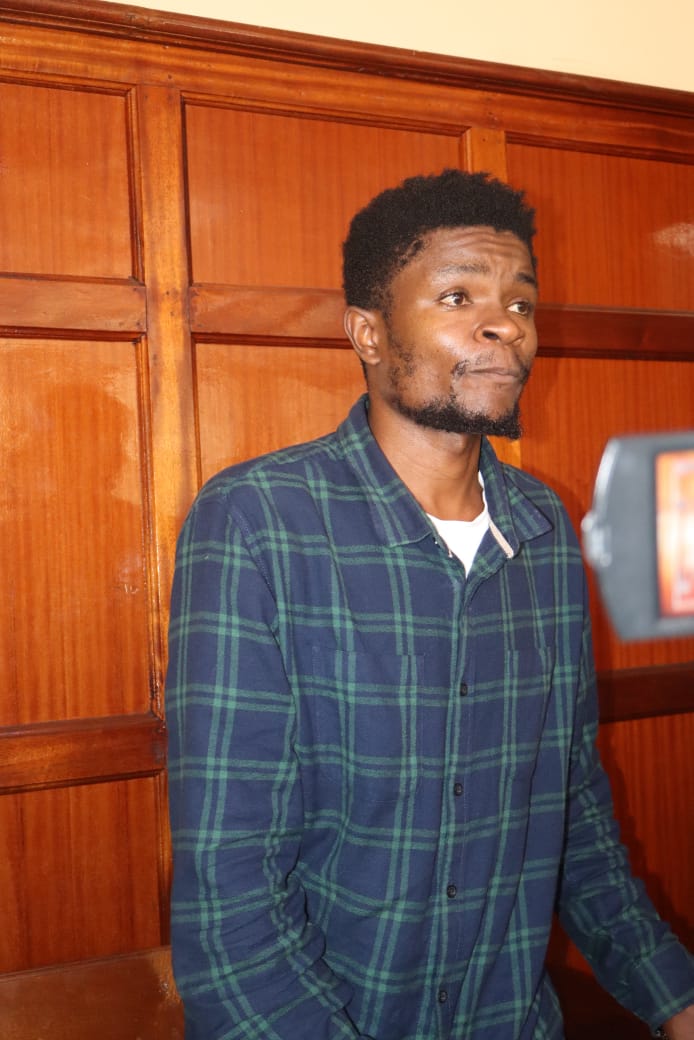
“There is a bad culture in Kenya where we misuse people’s names and get away with it. That is not right,” she told reporters. “The gentleman never came to me with a suggestion that he wanted to write a book on my behalf. For me, that is a misappropriate use of my name.”
On the charge sheet, she is listed as the complainant. Prosecutors allege Elijah intended to defraud, a claim that raises eyebrows, given that the book has barely circulated and is not sold online.
To Kenya’s community of writers, lawyers, and free speech advocates, the case has felt like a gut punch.
“To criminalise authorship is to misuse state machinery in defence of fragile egos,” said Willis Otieno, a lawyer and political commentator. His frustration echoes a broader concern, that the Kenyan state, in siding with a high-profile complainant, is sending a chilling message to writers, journalists, and citizens who dare scrutinise the powerful.
Literary critic Mbugua Ngunjiri was more blunt. “The author did nothing wrong,” he said, recalling a 2014 unauthorised biography of former President Uhuru Kenyatta that caused no such uproar. “A million writers can write ‘her book’ and it will be perfectly legal. The only time Charlene would be justified to go after the author is if he misrepresented her.”
Charlene’s defenders argue that her objection is personal, not political, that she has a right to control how her name is used. But legal experts say there’s a high bar for proving criminal impersonation in a literary context.
“Elijah didn’t pretend to be Charlene. He wrote about her, just like I wrote about Raila Odinga and Donald Trump,” said his lawyer, Kennedy Mong’are.
Another lawyer, Evan Ondieki, warned that Kenya’s leaders must grow thicker skin. “You cannot be so sensitive that the use of your name or image becomes a crime,” he said. “Public figures should expect public scrutiny.”
This isn’t the first time President Ruto’s family has been drawn into legal drama over names and impersonation. Just last month, a high school teacher was charged with pretending to be June Ruto, the president’s other daughter, in a Facebook scheme.
But what has intensified public concern is that Elijah’s case is unfolding alongside another controversy: the arrest of software developer Rose Njeri. Last week, Njeri was detained after creating a digital tool that allowed Kenyans to track and protest the government’s contentious finance bill. She was later charged with cybercrime and computer misuse, and released on bail until her next court date on June 20.
Her arrest, too, was widely condemned. She described the charges as “ludicrous” and thanked Kenyans for rallying behind her.



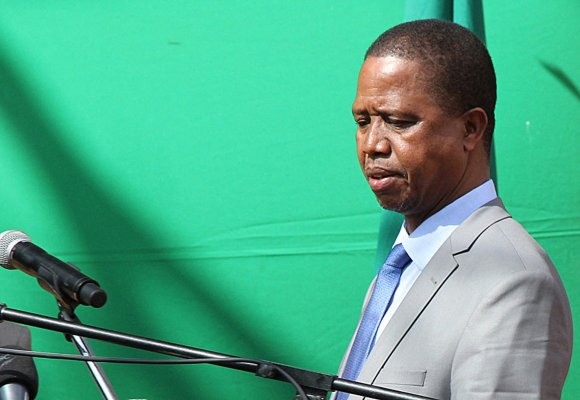



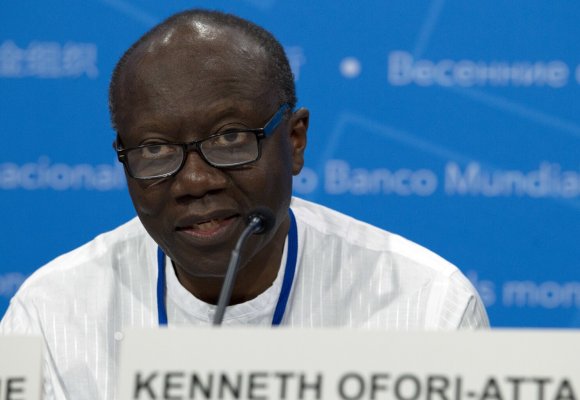
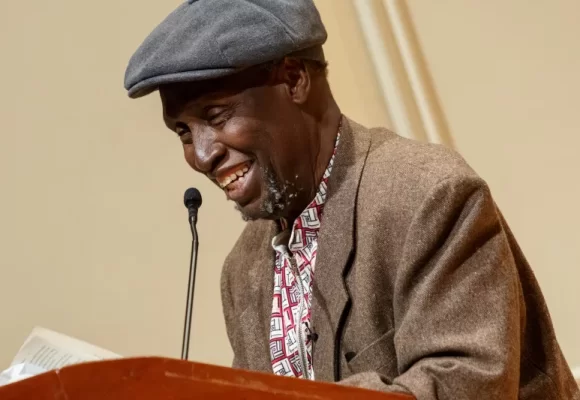
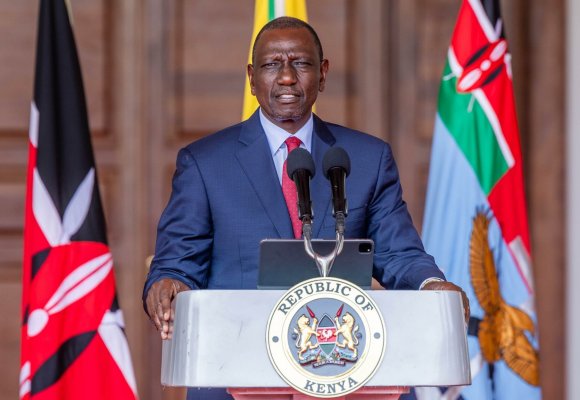

LEAVE A COMMENT
You must be logged in to post a comment.